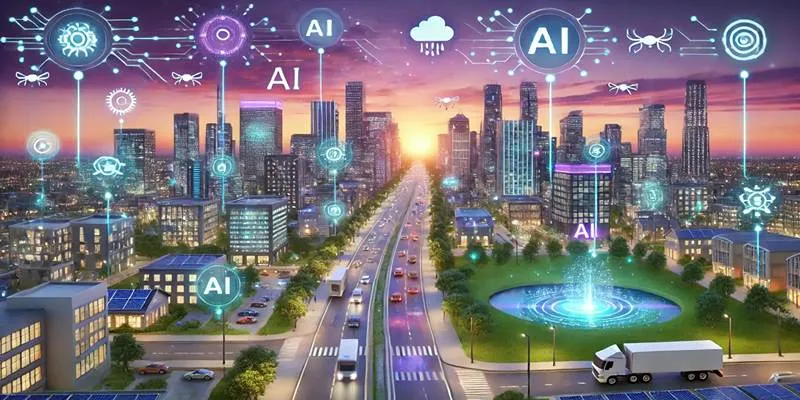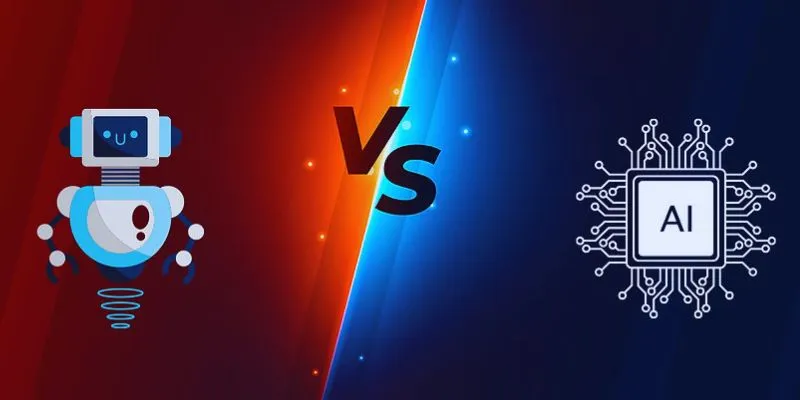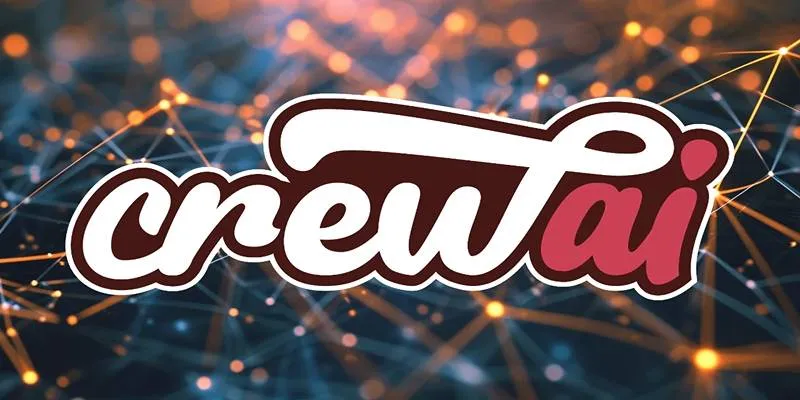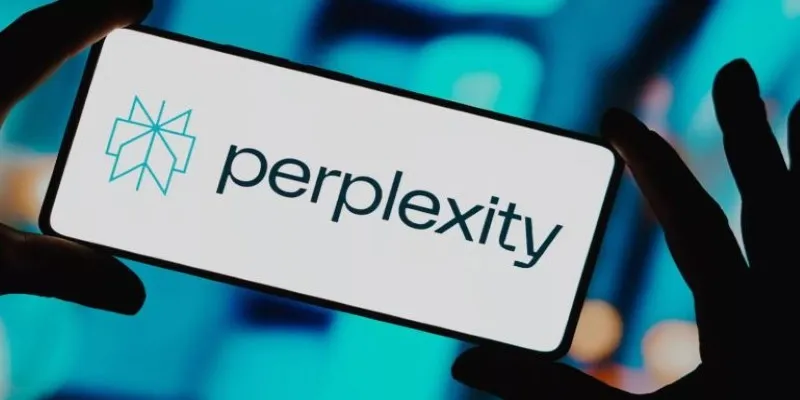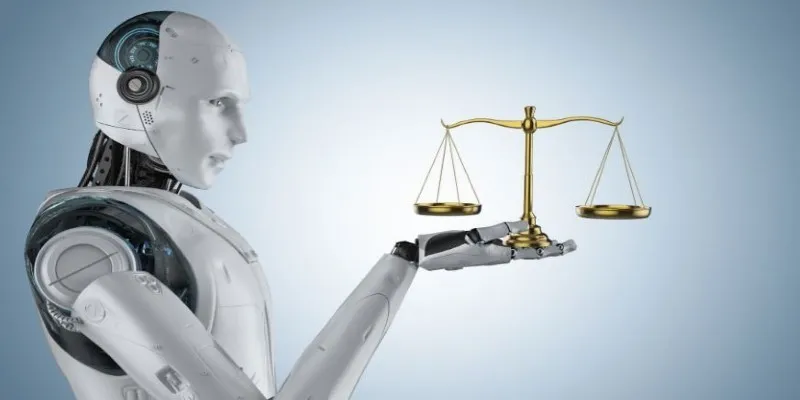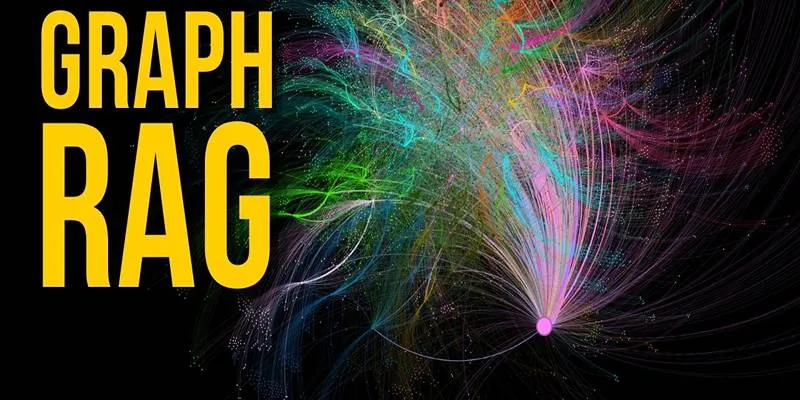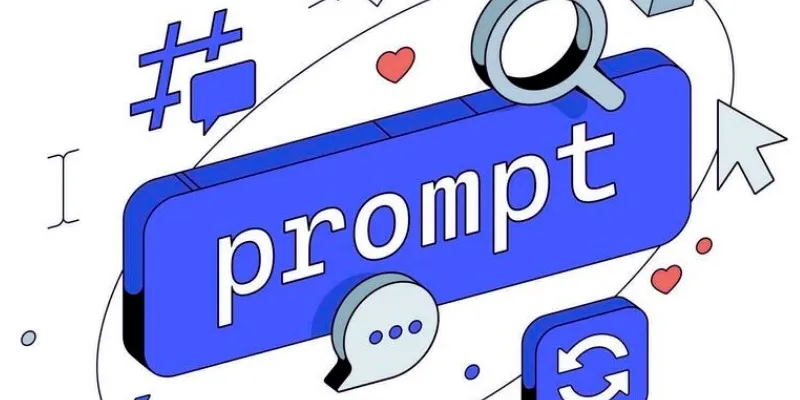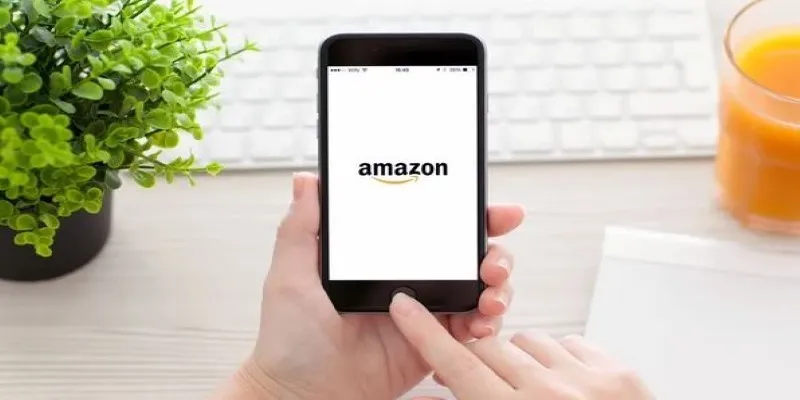PPC campaign artificial intelligence techniques have revolutionized digital advertisers’ approach to their plans. Companies no longer rely solely on manual adjustments or guesswork. Today’s campaigns benefit from real-time data, smarter bidding, and enhanced targeting thanks to AI. The primary objective is to reduce wasted spending while increasing click-through rates and conversions. AI assists advertisers in creating more relevant ads and identifying ideal consumers more effectively.
Many platforms incorporate AI to streamline performance tracking, A/B testing, and keyword research. By understanding user behavior, these tools can predict trends and swiftly adjust ads. AI-driven decisions empower marketers to make faster, data-informed choices. In digital advertising, leveraging AI to maximize paid search ads is essential, not a luxury.
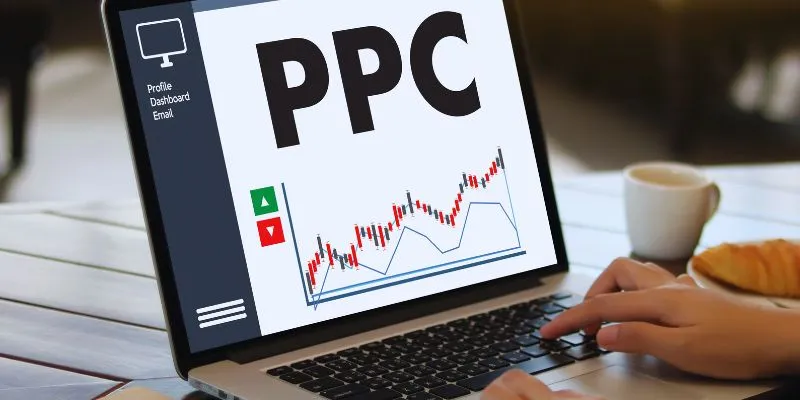
Smarter Audience Targeting with AI:
AI examines online activity to identify your ideal audience, predicting the users most likely to click. As a result, you attract customers more inclined to make purchases. AI algorithms quickly collect and analyze data from various sources, allowing targeting based on interests, location, device type, or browsing behavior. You can now build audiences more effectively without guesswork. Real-time user interaction enables campaigns to adapt, providing each visitor with a personalized ad experience.
AI refines audience segmentation beyond what manual configurations could achieve, eliminating unnecessary impressions that drain your budget. Effective targeting reduces cost-per-click and boosts your quality score, making your PPC campaign smarter and more cost-effective. Tools like Smart Bidding in Google Ads rely on machine learning to enhance audience engagement. With minimal effort and improved results, you attract higher-value leads.
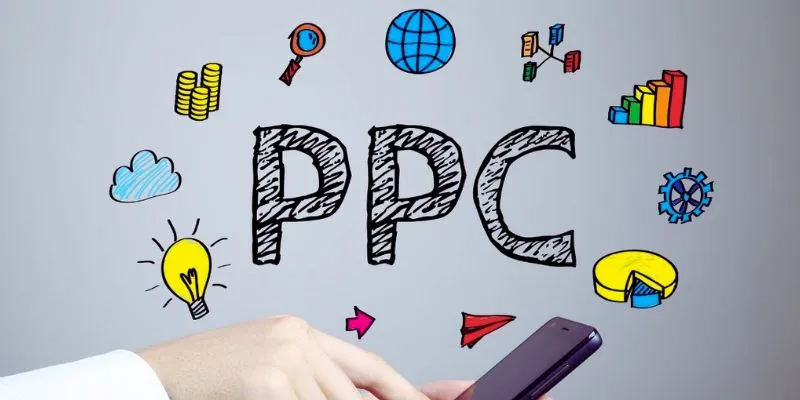
Improved Keyword Research and Management:
Identifying the right keywords can be time-consuming, but AI accelerates and enhances this process. AI systems swiftly examine extensive keyword data, uncovering popular search terms that humans might miss. Prioritizing highly relevant keywords helps maximize paid search ads. AI predicts which terms will be most effective for your niche, eliminating low-performing ones before they waste resources. Tools like SEMrush and Ahrefs provide accurate keyword suggestions, powered by AI.
These tools also offer insights into predicted costs and competition levels. AI categorizes your keyword searches based on user relevance and behavior, aligning your ad copy more closely with user search intent. Dynamic keyword insertion can be automated with AI, improving ad relevance. AI also supports negative keyword lists, preventing your ads from being displayed for irrelevant searches, leading to better click-through rates and reduced expenses.
Dynamic Ad Creation and Testing:
AI revolutionizes ad creation by analyzing which messaging resonates most with users. It automatically tests multiple headlines and descriptions, enhancing user engagement and ensuring ad relevance. AI algorithms guide future ad copy based on past performance, offering insights into calls to action, tone, and language. These refinements improve conversion rates. While A/B testing used to take weeks, it’s now done in real-time with AI. Multiple ads are generated, and the best one is shown to each user, giving your ads a more personalized touch.
Platforms like Google Ads, powered by AI, facilitate responsive search ads, dynamically mixing headlines and descriptions to match user intent. You spend less on underperforming copies, as AI continually learns which messages are most appealing. Each test yields better responses, resulting in more conversions with less editing required.
Bid Optimization and Budget Allocation:
AI manages your bids using real-time data on clicks, impressions, and conversions, automatically adjusting spending based on performance. Your budget is allocated where it yields the highest returns. AI predicts when and where to bid higher or lower, balancing your budget across different times of day and high-value keywords. AI eliminates the need for manual hourly bid adjustments. Tools like Smart Bidding maximize each bid through machine learning, allowing you to achieve more even with a limited budget.
AI reduces waste by focusing on valuable clicks, quickly adapting to market changes or trends. Budgets can be shifted across campaigns based on performance, enhancing your return on ad spend efficiency. Campaigns become more effective, requiring less manual intervention. It’s a strategic approach for faster scaling of results.
Real-Time Performance Monitoring and Insights:
AI systems monitor performance continuously, identifying issues before they escalate. You no longer need to wait for weekly reports. Clear insights are displayed on user-friendly dashboards, highlighting which audiences, ads, or keywords are likely to convert. This clarity helps you make informed decisions quickly. Real-time data can trigger campaign adjustments or pauses. AI provides recommendations based on audience behavior and trends, with alerts for unexpected changes.
This proactive approach prevents poor engagement or broken links from causing budget losses. Platforms like Optmyzr and Adobe Advertising Cloud leverage AI to simplify reporting, offering concise summaries instead of endless spreadsheets. AI tracks ROI, click-through rates, and bounce rates in real- time, transforming raw data into actionable steps. Better monitoring leads to faster results and minimizes surprises in your marketing performance.
Predictive Analytics and Future Planning:
AI not only tracks past performance but also anticipates future trends. Predictive analytics, powered by AI, projects campaign outcomes using trends and user data, aiding in better planning and error prevention. AI advises on what to expect in the coming weeks or months, guiding investment decisions and budget allocation. Predictive tools identify keywords that may become more or less valuable, keeping you ahead of competitors and enabling you to lead rather than react to trends.
Campaigns become more efficient with data-driven predictions. AI adjusts your ads based on consumer patterns, seasonality, or market shifts, providing insights for long-term planning, not just short-term success. This approach avoids rushed changes and frantic responses, with predictive analytics ensuring campaigns perform optimally and remain future-ready. It’s like having a data-driven crystal ball, leading to greater returns and growth through smarter planning.
Conclusion:
AI technologies for PPC campaigns enable smarter decisions, improved targeting, and increased conversions. Automated insights help advertisers save time and money, while predictive analytics facilitates better future strategy planning. Real-time tracking and intelligent bid adjustments enhance campaign performance rapidly. Leveraging AI to optimize sponsored search ads reduces waste and boosts ROI. With less reliance on guesswork, every campaign becomes more successful. Long-term PPC success hinges on investing in AI, offering a significant advantage in today’s fast-paced digital marketing landscape.
 zfn9
zfn9





